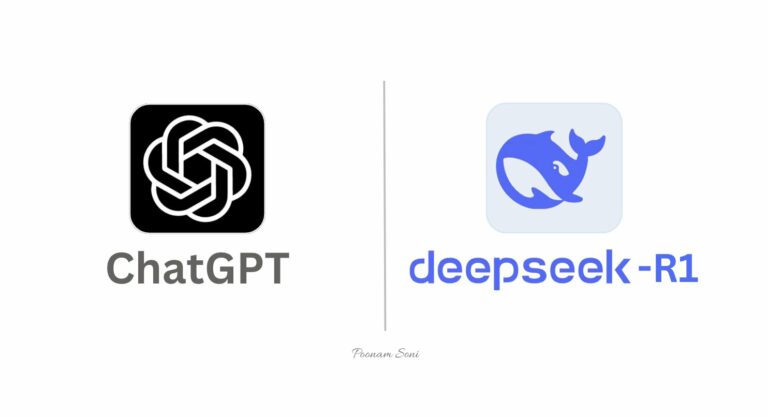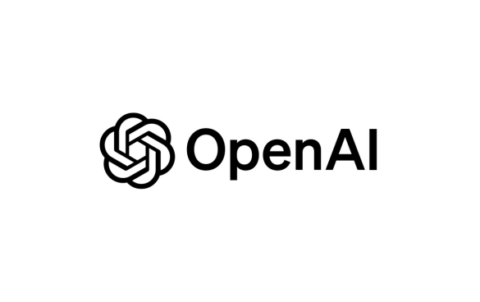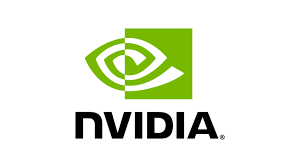Chinese AI startup DeepSeek surpasses ChatGPT
Chinese startup DeepSeek has made headlines by surpassing ChatGPT to become the top-rated free app on Apple’s App Store in the U.S. This achievement is attributed to its AI Assistant powered by the DeepSeek-V3 model, which its creators claim competes with the best AI models globally. Since its launch on January 10, the app has gained significant popularity among U.S. users, as reported by Sensor Tower.
DeepSeek’s success challenges the perception of U.S. dominance in AI technology. It raises questions about the effectiveness of U.S. export controls aimed at limiting China’s access to advanced chips and AI capabilities. The Biden administration has implemented bans since 2021 to prevent the export of high-performance chips to China, which are essential for training AI models.
Despite these restrictions, DeepSeek’s researchers reported using Nvidia’s H800 chips for training, with costs under $6 million. This claim has sparked debate, as the chips are reportedly less powerful than those restricted by the U.S. government. This situation has led U.S. tech executives to reconsider the impact of export controls on their industry.
DeepSeek is a relatively new company, founded in 2023 in Hangzhou, China. It emerged after Baidu released the first Chinese large-language AI model. While many Chinese tech firms have developed their own AI models, DeepSeek stands out as the first to receive recognition from the U.S. tech community for its performance.
The rise of DeepSeek has caused a decline in tech stocks, as investors reassess the future of AI hardware spending. The company’s chatbot’s success has led to a drop in shares for major chipmakers like Nvidia, which fell by 8% in pre-market trading. Other tech giants like Microsoft and Meta also saw declines of over 3%. The overall tech-heavy Nasdaq index is expected to drop by 3.1%.
DeepSeek’s advancements in AI training have raised concerns about the potential for lower hardware spending in the future. The startup claims to have achieved comparable performance to U.S. competitors while using fewer Nvidia chips. This has led to speculation about the return on investment for U.S. tech companies in AI-related hardware.
Despite the market’s negative reaction, some analysts believe that DeepSeek’s progress could ultimately benefit AI chipmakers. They argue that reducing the cost of training AI models will make it easier for businesses and consumers to adopt AI technologies. This trend mirrors historical advancements in the semiconductor industry, where efficiency improvements have driven growth.
While some Chinese tech stocks saw gains amid the excitement surrounding DeepSeek, the broader market remained cautious. The CSI 300 index closed down 0.4%, but companies like Baidu and Alibaba experienced slight increases in their stock prices.





